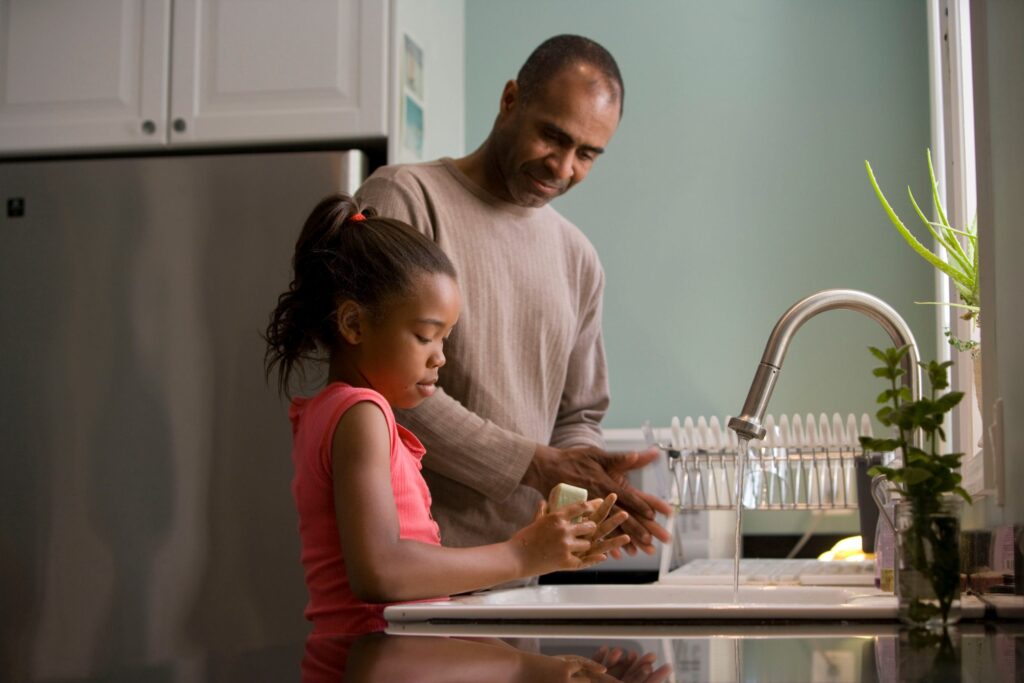Dr. Aaron Bernstein, co-director of the Center for Climate, Health and the Global Environment at the Harvard T.H. Chan School of Public Health (Harvard Chan C-CHANGE), has written an excellent article about helping children be strong and resilient in the midst of the crises of COVID-19 and climate change.
He notes that the combined onslaught of COVID-19 along with climate disasters such as the wildfires, hurricanes, and derechos have him concerned for children across the country and their wellbeing and mental health.
He describes how COVID-19 can affect children in more ways than one: while COVID-19 the disease tends to be not as severe in children as in adults, COVID-19 the pandemic has created massive hardships for many families, with the disease, its death toll, and the economic hardships causing unequal and outsize harm to communities of color. Losing a parent or grandparent, losing a home to flood or fire, having a parent lose a job, and having to evacuate are all major crises. The crises that are happening qualify as Adverse Childhood Events, which can damage children’s bodies and brains and can have lifelong health effects.
He then describes some things that parents can do, and some things that communities and the whole country can do.
Parents can stay involved in their children’s lives, can support health risk-taking, and can model persistence and overcoming obstacles.
Communities and the country can improve mental health care (he notes that more than half of youth and young adults with mental health disorders receive no treatment), can increase green space (which really helps improve mental health), and can build more active communities with more opportunities for biking, walking, and using public transit.
Read Dr. Bernstein’s entire article here. It’s informative and helpful, and has many more details than our short summary.
Oct 21, 2020





